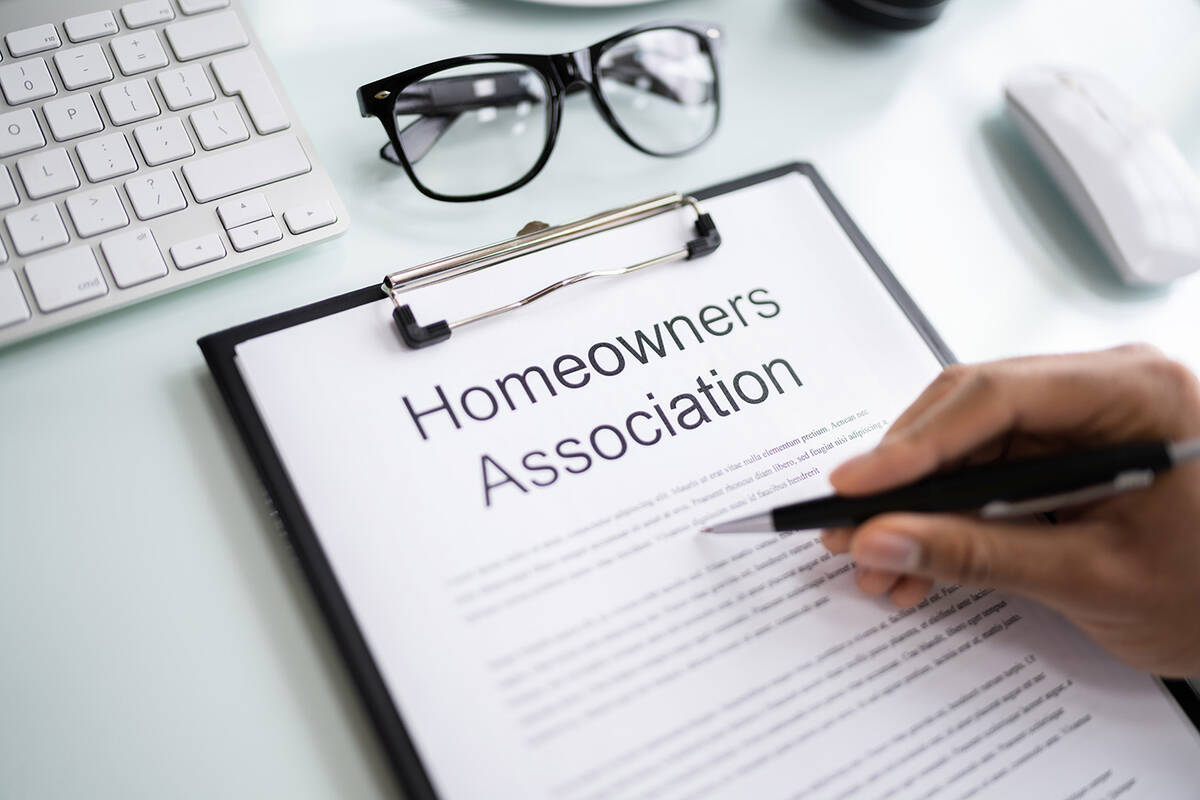Homeowner wants HOA to charge investors for tenant problems
Q: I live in an association where over 57 percent of the units are not owner occupied. Tenants are not complying with the homeowners association’s rules and regulations.
Their children run all over the community unsupervised and are destroying our landscaping and sprinklers and leaving trash all over the community. They are not picking up their dog poop and leave trash all over the community grounds.
Can the HOA charge owners who rent their units a higher monthly HOA fee to cover the increased cost to repair our landscaping, pick up the trash and dog poop? Imposing fines on the landlords does not resolve the problem as we cannot force the landlords to pay the fines.
We have raised our monthly HOA fees, however, owner occupants should not be burdened by the raise due to damage caused by tenants. Landlords are able to better absorb an increased monthly HOA fee as they can raise their rent. Many of the owner occupants are retirees who cannot absorb the higher monthly fees.
I look forward to hearing your response.
A: Per Nevada Revised Statute 116.3115 (4a), it states that any common expense benefiting a few units or their owners, including, without limitation, common expenses may be assessed exclusively against the units or units owners benefited.
Your association will probably not be able to substantiate that all of the damages are coming from renters.
Separate from this section of the law, NRS 116.3115 (2a), assessments for the common areas (your HOA fees) must be assessed in accordance with the allocations set forth in your covenants, conditions and restrictions.
Unless your CCRs has a section that allows higher monthly association fees on owners who violate regulations, you would not be able to charge the investors a higher fee.
Q: I am writing you as I exhausted all other avenues.
I live in Vegas, and my neighbor’s sprinkler system has been leaking into my backyard through our adjacent wall, his lot is a bit higher than mine.
The water is leaking now into the wall and my pavers are popping up. My air-conditioning unit is sitting on cement next to the water. This has been going on for a year. Last time, he went off on me.
His sister and family brought a sprinkler guy with them, he couldn’t see the issue, as my neighbor has pavers. The man said: “It could be a disconnected or broken pipe underneath.”
My neighbor kept yelling at me and said: “See, nothing is wrong, and stop complaining.”
I cannot afford a lawyer to help me. I live on my Social Security.
A: If you have a landscaper, have them check the irrigation system. If they think it is your neighbor’s responsibility then document it and have them submit a written report to you.
You could file a complaint with your homeowner association as there should be some regulations concerning drainage or leakage in your CC&Rs.
You would need to include a summary of the damage along with the photographs. Include any report from your landscaper.
The Neighborhood Justice Center may be able to help you. They are mediators and do not charge to assist neighbor-to-neighbor disputes. You can contact them at 702-455-3898.
Barbara Holland is an author and educator on real estate management. Questions may be sent to holland744o@gmail.com.




















